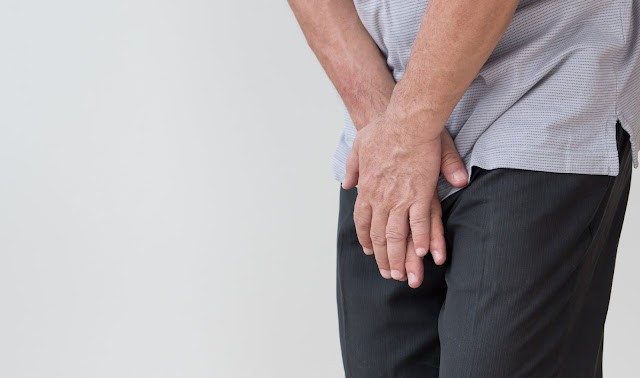The Prostate Problems Treatment in Pakistan
The prostate is a gland that helps make semen (the fluid that men produce when they urinate). It is situated behind the bladder in front of the rectum. Problems with this gland can affect how well urine flows through the urethra. This can lead to problems like incontinence, urinary retention and kidney damage.
Lifestyle Changes
The Prostate problems treatment often includes lifestyle changes. For example, men with BPH symptoms can manage their condition by making healthy diet and exercise choices. Men can reduce their risk of prostate cancer by eating a balanced diet that contains plenty of fruits, vegetables, lean meats, and low-fat dairy foods. They should also choose high-fiber foods like whole grains, beans, nuts and seeds.
Eat less red meat - Studies have linked heavy intake of red meat to an increased risk of prostate cancer. However, it's still safe to eat moderate amounts of meat (about 2 portions per day). Avoid charred meat - Research has found that consuming charred meat may increase your risk of prostate cancer.
Drink more water - Aim to drink 1.5 to 2 litres (3 to 4 pints) of water per day. This is because fluids can help you to urinate more easily. Relieve stress - Regularly relieve tension and stress by doing yoga, meditation, or other forms of physical activity. This will help to calm your nervous system and decrease your chances of developing disease.
Medicine
The treatment for BPH usually includes medicines, such as finasteride (Proscar). Other drugs may be used to treat erectile dysfunction and other symptoms. Medicines can also be used to help prevent or slow prostate growth. They might include certain herbal extracts, such as saw palmetto, beta-sitosterol or pygeum africanum, and supplements such as flax seed and pumpkin seed oil.
Medications can also be used to treat symptoms of BPH, such as pain in the bladder and difficulty emptying the bladder (urinary retention). These include antibiotics, such as penicillin, a diuretic (water pill) that can make your urine flow more rapidly, and anticholinergic medications, such as the cough suppressant xylometazole.
Ablative procedures, such as photoselective vaporization of the prostate (PVP) or holmium laser enucleation of the prostate (HoLEP), use heat, light or electrical energy to destroy overgrown tissue. These procedures generally relieve symptoms right away and are less invasive than nonlaser surgery. However, some men can develop irritating urinary symptoms after these treatments.
Surgery
Surgery can relieve some of the symptoms of prostate problems such as a frequent urge to urinate, leakage or dribbling of urine, a weak urine stream and trouble starting urination. It can also be used to remove cancerous tissue.
During a simple prostatectomy, your doctor cuts away the enlarged prostate gland. This is usually done as an outpatient procedure with minimally invasive techniques.
Another option for treating BPH is called transurethral resection of the prostate (TURP). This procedure uses a device called a resectoscope, which is passed along your urethra until it reaches your prostate, which means no cuts need to be made in your skin.
A loop of wire is then heated with an electric current and is used to cut away any tissue that needs to be removed. Your doctor may use general or spinal anaesthesia to carry out the operation so you don't feel any pain during the process. You may stay in hospital for 1 to 3 days after the surgery, depending on the type of operation you have. This allows your body to heal from the trauma of the operation.
Other Treatments
Treatment for prostate problems can be a difficult task. It includes medicines, surgery, and lifestyle changes that can affect your quality of life.
Your doctor may also recommend a type of herbal therapy that helps your immune system attack cancer cells. This therapy, called sipuleucel-T, works by modifying immune cells in your body and then putting them back into your blood. You may need this treatment if you have low-risk or intermediate-risk prostate cancer. It is not a cure, but it can slow the growth of the cancer and keep it from getting worse.
It is Not Recommended for High-Risk Prostate Cancer.
A common condition that can cause enlarged prostate is benign prostatic hyperplasia (BPH). This is not cancerous, but it can cause symptoms similar to those of prostate cancer. Your doctor might suggest a surgical procedure to treat BPH, such as a transurethral resection of the prostate (TURP). A urologist inserts a resectoscope into your urethra and removes parts of your enlarged prostate.




Comments
Post a Comment